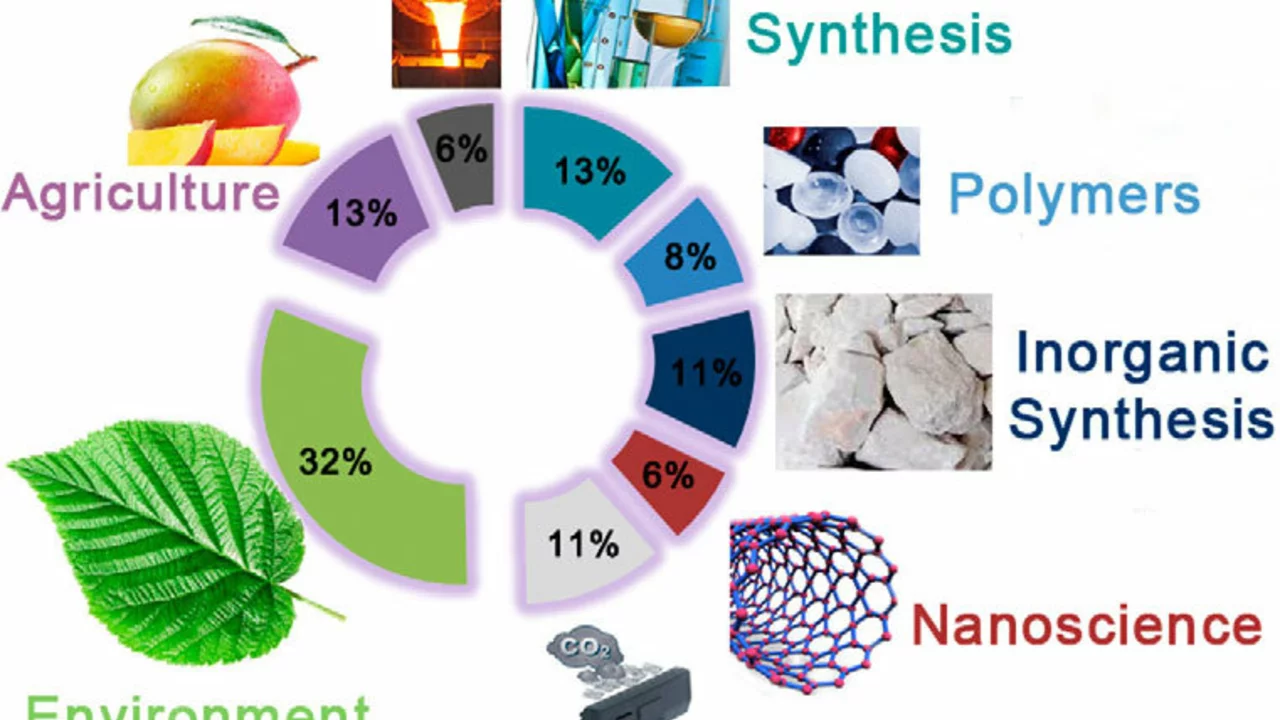Calcium Acetate: Your Straightforward Guide for Safer Choices and Smarter Buys
If you or a loved one has kidney issues, you’ve probably heard about calcium acetate. It's a common medication for people dealing with high phosphate levels, especially in chronic kidney disease. Sounds simple, but a lot rides on getting the dose, timing, and sourcing right. Let's break down what actually matters when using, buying, or switching from calcium acetate—no jargon, just answers you can trust.
So, what does calcium acetate do? It's mainly used to lower phosphate in your blood by binding to dietary phosphate in your gut. When you have kidney problems, your body can't get rid of phosphate as it should. Calcium acetate helps sweep some of that phosphate out with your stool so your blood levels don't get wacky. Taking it usually means popping a pill with meals—timing matters for it to work. It’s not a vitamin—don’t use it like a supplement. Stick to your prescribed dose and call your healthcare team if you aren’t sure how it fits around your meals or other meds.
Safety’s always a big question. Taking more than recommended messes with your body’s calcium balance—think bone pain, muscle cramps, or even heart problems. The other side? Not taking enough can lead to bone disease or itchy skin because of excess phosphate. The trick is following your doctor’s advice and getting regular blood work done. If you ever notice new symptoms or side effects, call your clinic. Adjusting your dose on your own is a recipe for trouble.
Thinking of buying calcium acetate online? Be careful—fake pharmacies exist, and nothing’s worse than unknowingly getting a sugar pill when you need real treatment. Reliable online pharmacies will always ask for a prescription, list a physical address, and let you talk to a real pharmacist. Watch for red flags: deep discounts that sound too good to be true, no prescription required, or weird payment options. Sites like BMPHARMACY.COM offer thorough medication info and can point you to trusted sources. Check that the website has a secure checkout and customer reviews that sound authentic.
Not sure if calcium acetate is your best option? You’re probably not alone. Sometimes people need a different phosphate binder because of side effects, cost, or other issues. Alternatives (like sevelamer or lanthanum carbonate) might work better for some folks. Switching meds is a doctor thing, not a guesswork thing—don’t swap products without talking to your nephrologist, as the way each one works with food or interacts with other medications isn’t identical.
Here’s the honest deal: managing phosphate is a small part of kidney health, but it matters more than most people think. Stay involved—know when and how to take your medication, double-check online pharmacy credibility, and stay open to alternatives if side effects pop up. If you want real-world advice and fact-checked pharmacy info, BMPHARMACY.COM is a great place to keep learning and make safer choices about calcium acetate and similar medications.
The Environmental Impact of Calcium Acetate Production
In my recent study, I discovered that the production of calcium acetate significantly impacts our environment. The manufacturing process often leads to air and water pollution due to the release of harmful chemical byproducts. This not only disrupts our ecosystems, but also contributes to global warming. Furthermore, it demands a significant amount of energy, which in turn increases our carbon footprint. It's clear that we need to push for more sustainable production methods to lessen these damaging effects.
